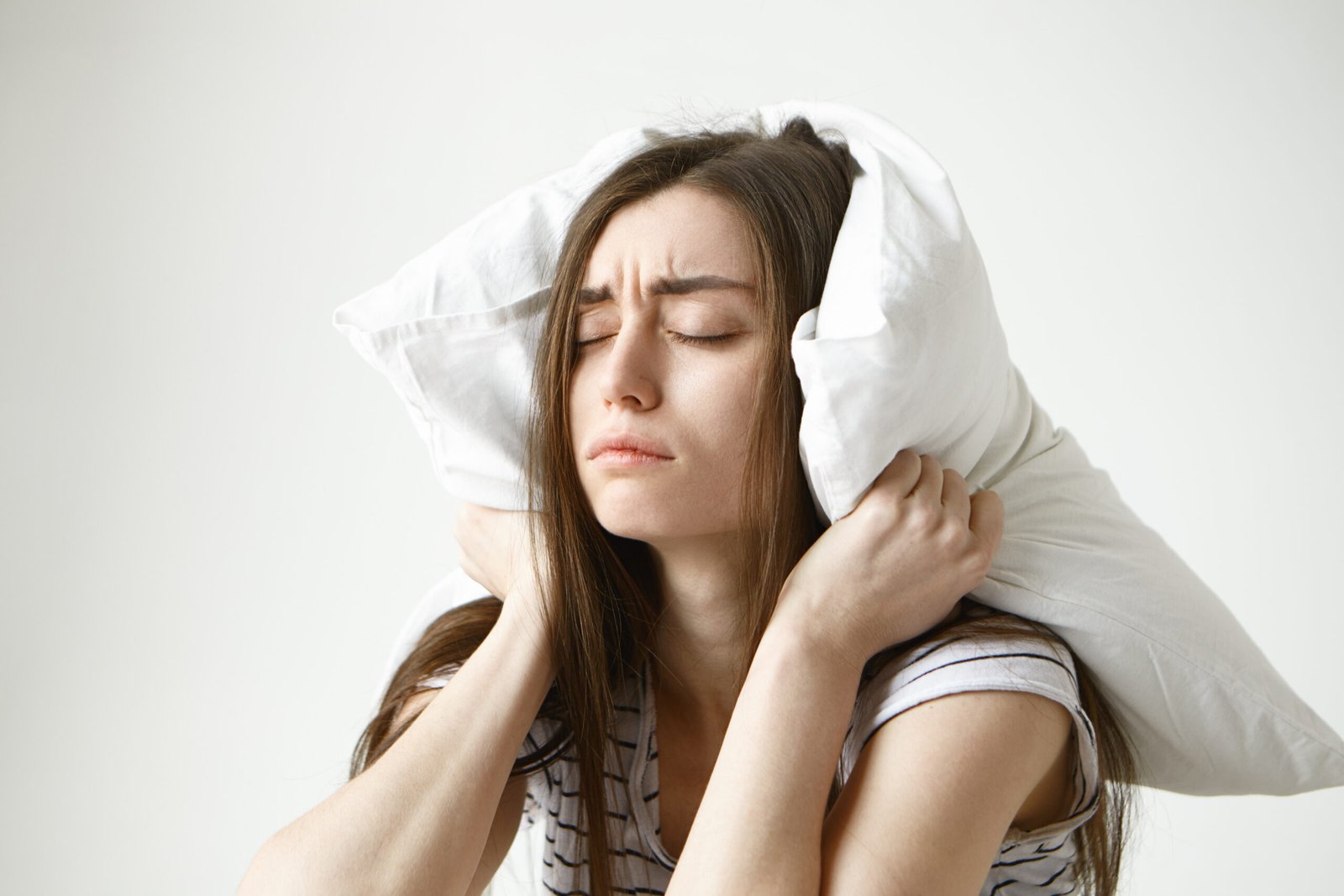Insomnia is a sleep disorder causing difficulty falling or staying asleep, often triggered by stress, substance abuse, medical conditions, or environmental factors. Learn effective tips and strategies to improve sleep quality and overall well-being.
What is Insomnia?
Insomnia is a common sleep disorder that involves difficulty falling asleep, staying asleep, or waking up too early and not being able to return to sleep. Occasional sleeplessness is normal, but if these problems occur at least three times a week for several months, it may indicate chronic insomnia.
Short-term solutions such as sleeping pills may offer temporary relief, but the most effective treatments for insomnia focus on behavioral techniques that reduce anxiety around sleep and restore the body’s natural rhythm.
Insomnia can lead to:
Daytime fatigue and low energy
Poor concentration and memory issues
Reduced coping skills for stress
Irritability and mood swings
Increased risk of depression
Here is Vietnamese Video
What causes Insomnia?
The most common causes of insomnia include:
Stress and anxiety – the primary triggers of sleeplessness
Medical conditions – sleep apnea, thyroid disorders, acid reflux
Medications – decongestants, asthma inhalers, stimulants
Lifestyle factors – caffeine, alcohol, smoking, late-night eating
Environmental factors – shift work, jet lag, lack of sunlight exposure, uncomfortable bedroom conditions
Poor sleep habits, such as frequent napping or trying to “make up” for lost sleep, can also disrupt the body’s natural sleep cycle.
Tips to manage and overcome Insomnia
Maintain a consistent wake-up time – even on weekends
Avoid caffeine, nicotine, and alcohol – especially in the evening
Limit naps – to improve nighttime sleep quality
Exercise regularly – but finish at least 3 hours before bedtime
Use your bed only for sleep and intimacy – avoid working or watching TV in bed
Avoid late-night meals and drinks – especially if you have reflux or heartburn
Create a comfortable sleep environment – control lighting, noise, and temperature
Manage worries before bedtime – write down next-day tasks earlier in the evening
Practice relaxation techniques – such as meditation, deep breathing, or progressive muscle relaxation
Seek professional help – cognitive behavioral therapy (CBT) is highly effective in treating chronic insomnia
Insomnia can deeply affect both physical and mental health, but it is treatable. By addressing underlying causes, building healthy sleep habits, and seeking professional guidance when needed, individuals can restore restful sleep and improve their overall well-being.




